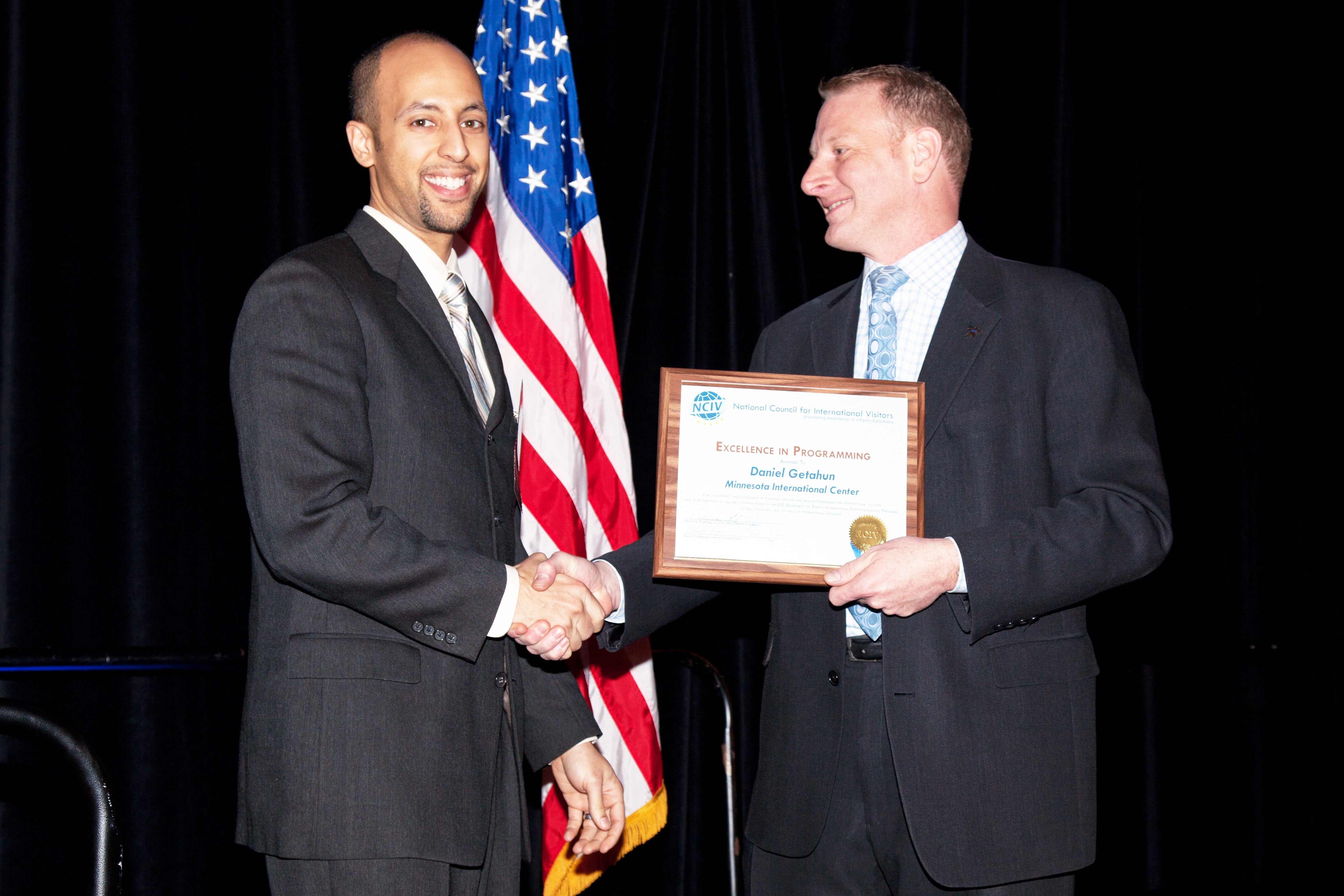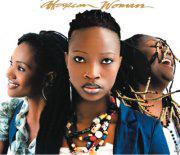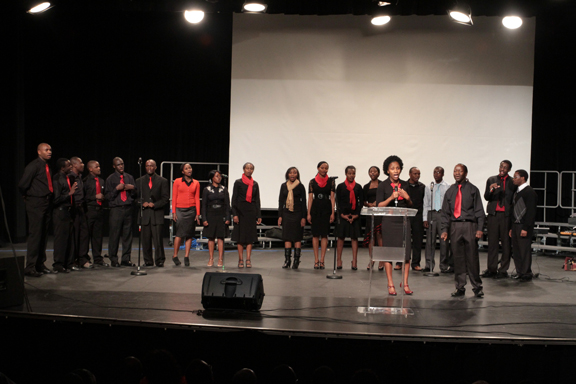African countries are increasingly realizing that they can not alienate their citizens abroad if they are to succeed in revitalizing their economies.
Earlier this year, the government of Kenya sent its finance minister, with an entourage that included members of the private sector, on a U.S. mission, calling on Kenyans to invest home. In the month of March, Zambians met in Dallas to explore investment opportunities that exist in their motherland.
During the Labor Day weekend, the Uganda North American Association held its 19th annual convention in San Francisco, where President Yoweri Museveni’s deputy, Gilbert Bukenya, urged his fellow citizens to – in addition to praising his boss – encourage relatives to start small businesses instead of spending the remittances they receive.
A week later, Liberians gathered in Bloomington, Minn., to listen to President Ellen Johnson Sirleaf’s emissaries talk about the investment prospects in their country. African ambassadors and other diplomats have been tirelessly trekking around the United States on campaigns to woo investors – African and foreign – into pumping cash into the economies of their respective African countries.
And on Oct. 4, the highly-publicized three-day Pan African Trade Summit comes to the University of Minnesota’s Hubert Humphrey Institute of Public Affairs. The summit will perhaps be one of the largest to come to Minnesota, and a keynote address from Gov. Tim Pawlenty and the Nigerian Vice President Dr. Goodluck E. Jonathan, is testimony. Scores of African immigrant businesses and some Fortune 500 companies will also participate.
As expected, the African Union and several African countries will send messengers to the convention, in a quest to get a piece of whatever cash will be flowing around.
Africa’s acknowledgement of the Diaspora’s role in developing the continent is understandable, considering countries like Kenya received remittances totaling nearly $1 billion last year. That is a lot of money for a country whose GDP is below $20 billion.
Mshale has covered many past conventions and, boy, are they fancy! Attendees pay hundreds of dollars and – in addition to the “the opportunity to network” – they get costly banquets, scenic tours, boat cruises and other niceties that most of us can only dream of.
Once the conventions end – usually with a black-tie award galas held at prestigious hotels to honor people who have made “significant contributions” to the cause – it seems like whatever ideas and “commitments” made in the plenary sessions before dinner vanish into nothingness. Organizers of the events also seem to slowly fade away, only to resurface months later to urge their compatriots to register for the next conference, which they promise would be better than any previous one.
To live up to the hype and boost future registration, event organizers invite high-ranking government officials – vice presidents, ministers, ambassadors – who spend insane amounts of money, inconsistent with their meager economies, to travel to the United States.
Most of the African immigrants who shell hundreds of dollars to register for and travel to such conventions are well-meaning, genuine about wanting things in Africa to change for the better.
Unfortunately, the sincerity of some of the people who make up the machinery that organizes the conventions is questionable.
Many do so for self gratification and to advance their political ambitions, here and in their home countries. The overzealousness exhibited by such selfish individuals threatens to cause schisms within various African immigrant communities.
Africans who are serious about improving their own lives outside the continent and those of their relatives home have to come up with ways to police the organizations that do business in their name. Creating independent watchdogs that monitor governance, track progress of the goals set between conventions, and demand open-book accounting would be a great place to start. Members should also insist that officials incorporate annual financial reports into the programs of every convention.
If the Pan-African Trade Summit is a success and organizers decide to make it an annual event, we hope they will return next year with a long report on the strides they shall have made.
Otherwise African immigrant organizations will be seen as nothing but meaningless and wasteful yearly social gatherings.
About Edwin Okong'o - Mshale Contributing Editor
Edwin Okong'o is a Mshale Contributing Editor. Formerly he was the newspaper's editor.








